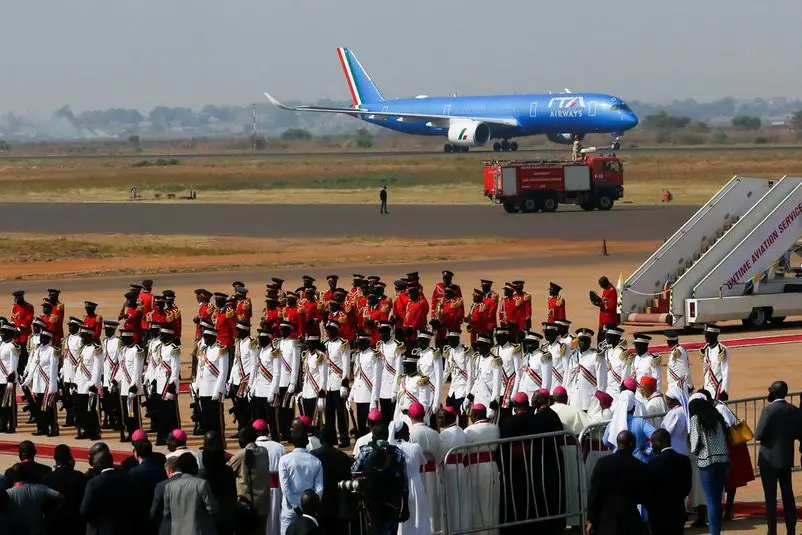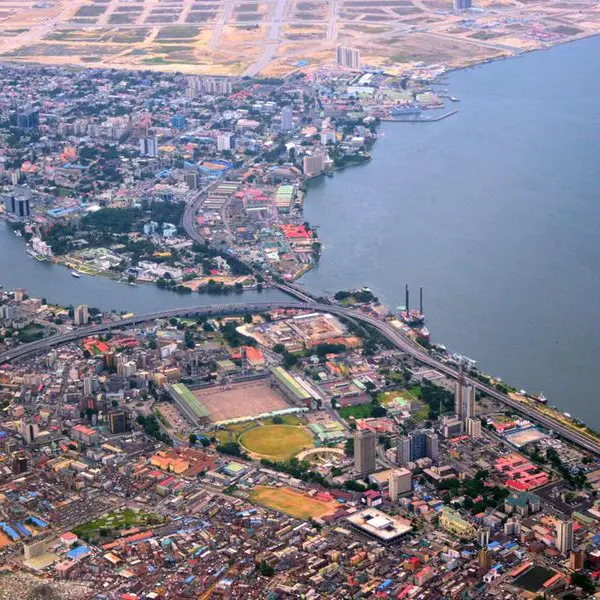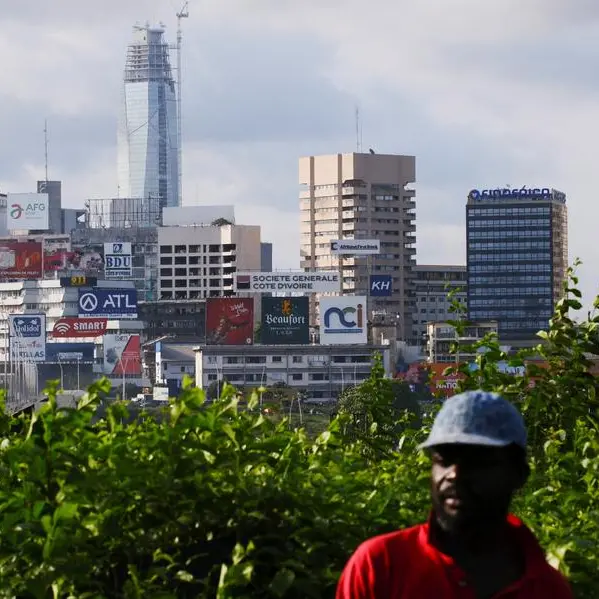PHOTO
JUBA - Pope Francis arrived on Friday in South Sudan, a young African nation struggling with war, poverty and floods, for an unprecedented joint "pilgrimage of peace" with his Anglican and Scottish Presbyterian counterparts.
South Sudan broke away from Sudan to become independent in 2011 after decades of conflict, but civil war erupted in 2013. Despite a 2018 peace deal between the two main antagonists, violence and hunger still plague the country.
On the eve of the pope's arrival, 27 people were killed in Central Equatoria state, where the country's capital Juba is located, in tit-for-tat violence between cattle herders and a local militia.
In a first, the pope will be accompanied during his time in South Sudan by Archbishop of Canterbury Justin Welby, leader of the global Anglican Communion, and by Iain Greenshields, Moderator of the General Assembly of the Church of Scotland.
Together, the three leaders represent the main religious traditions active in South Sudan, a predominantly Christian nation.
Welby said he was horrified by the latest killings on the day before the pilgrimage.
"It is a story too often heard across South Sudan. I again appeal for a different way: for South Sudan to come together for a just peace," he said on Twitter.
The pope, leader of the world's 1.4 billion Roman Catholics, had wanted to visit South Sudan for years but each time planning for a trip began it had to be postponed because of instability on the ground.
In one of the most remarkable gestures of his papacy, Francis knelt to kiss the feet of South Sudan's previously warring leaders during a meeting at the Vatican in April 2019, urging them not to return to civil war.
The pope was expected to give a speech later on Friday at a meeting with authorities, diplomats and representatives of civil society.
On Saturday, the three Christian leaders will meet a group of internally displaced people and hear their stories. On Sunday, the pope will celebrate Mass before flying back to Rome.
'POISON OF GREED'
The 86-year-old pontiff, on his third visit to sub-Saharan Africa earlier wrapped up an emotional visit to Democratic Republic of Congo.
He was given a rapturous welcome by huge crowds in the Congolese capital Kinshasa but also confronted the reality of war, poverty and hunger in the giant central African nation.
On Wednesday, he heard harrowing stories from victims of conflict in eastern Congo who had witnessed the killings of close relatives and been subjected to sexual slavery, amputation and forced cannibalism.
The pope condemned the atrocities as war crimes and appealed to all parties, internal and external, who orchestrate war in Congo to plunder the country's vast mineral resources to stop getting rich with "money stained with blood".
Eastern Congo has been plagued for decades by conflict driven in part by the struggle for control of deposits of diamonds, gold and other precious metals between the government, rebels and foreign invaders. The spillover and long fallout from neighbouring Rwanda's 1994 genocide have also fuelled violence.
Francis returned again and again to the theme of conflict fuelled by "the poison of greed", saying the Congolese people and the wider world should realise that people were more precious than the minerals in the earth beneath them.
(Writing by Philip Pullella in Juba and Estelle Shirbon in London; Editing by Alexandra Hudson, Raissa Kasolowsky, Nick Macfie and Andrew Heavens)




















